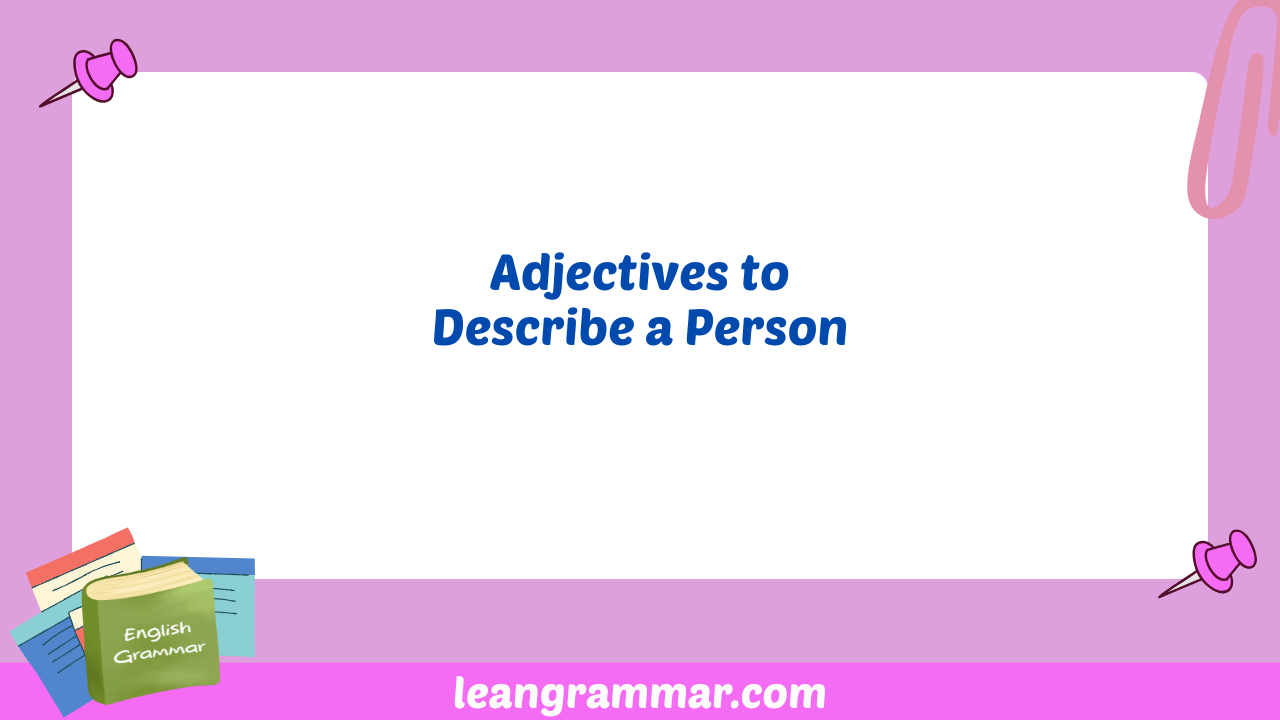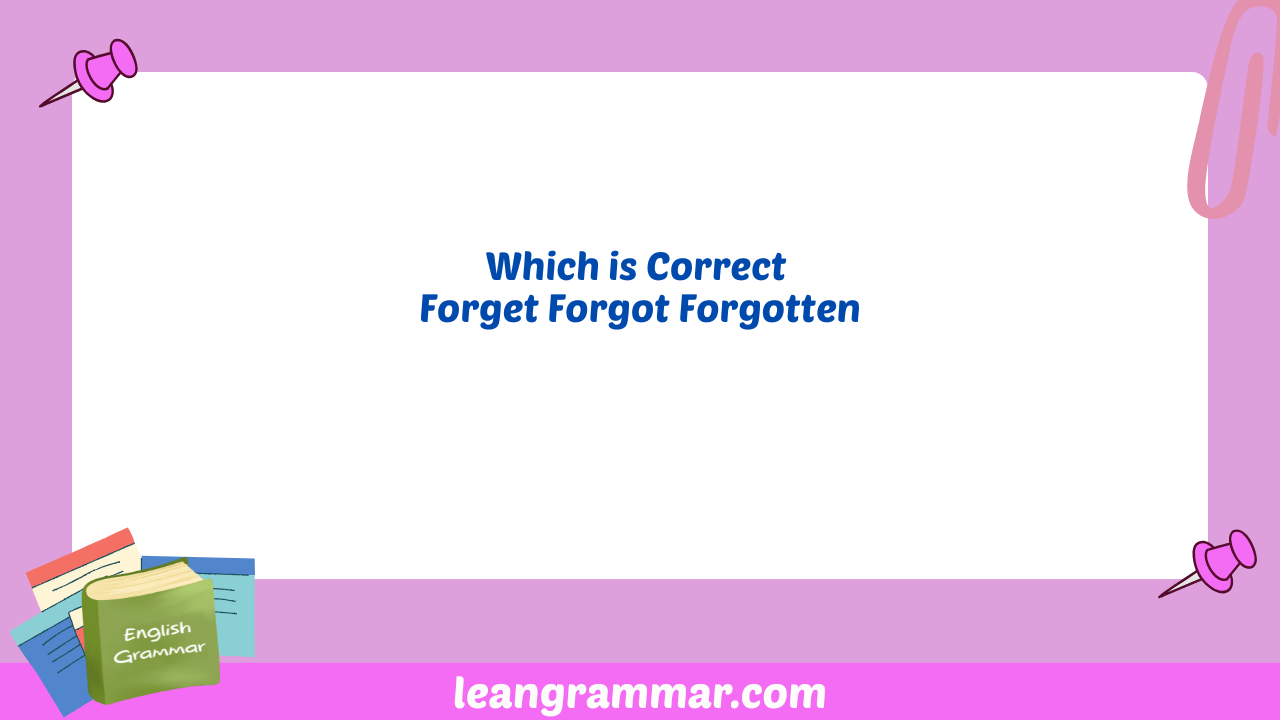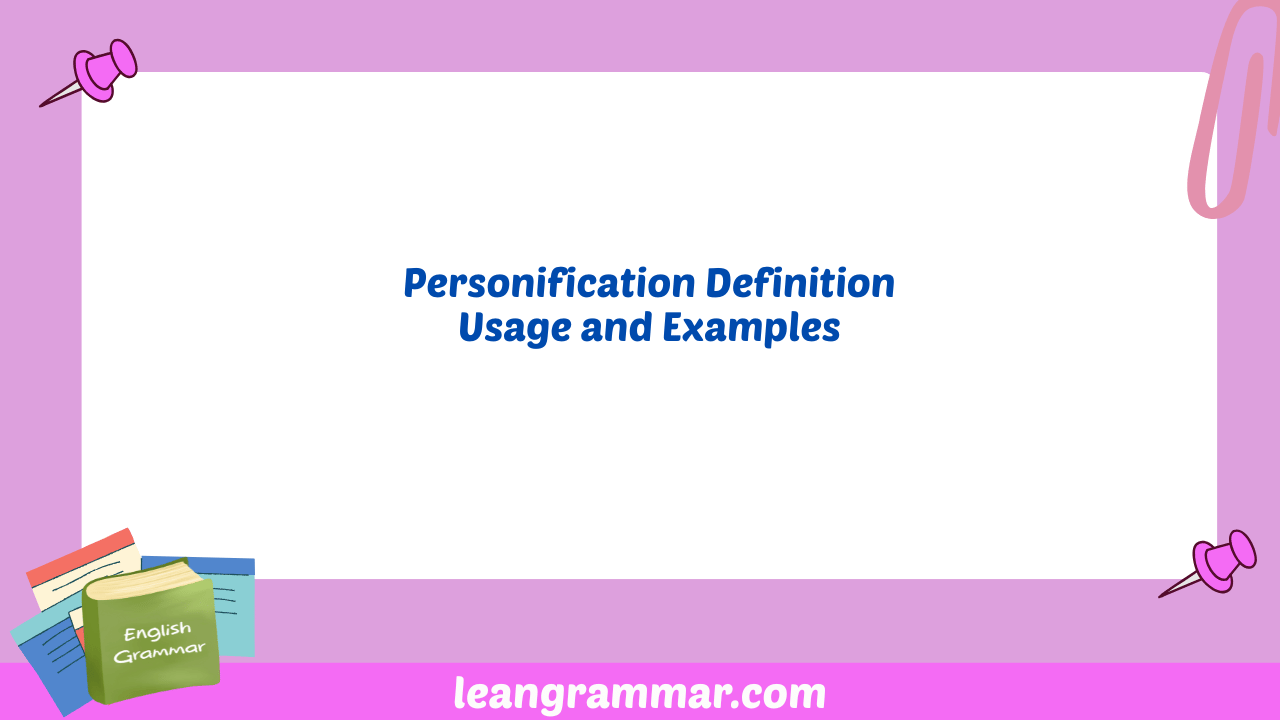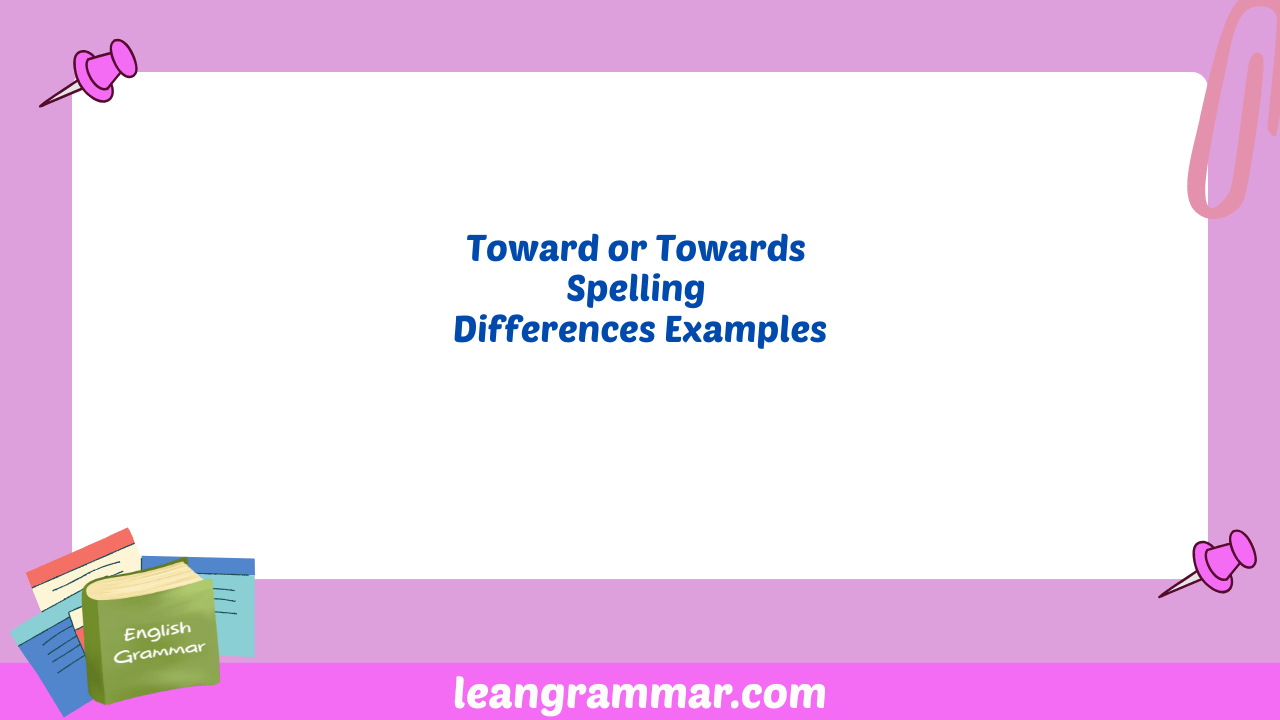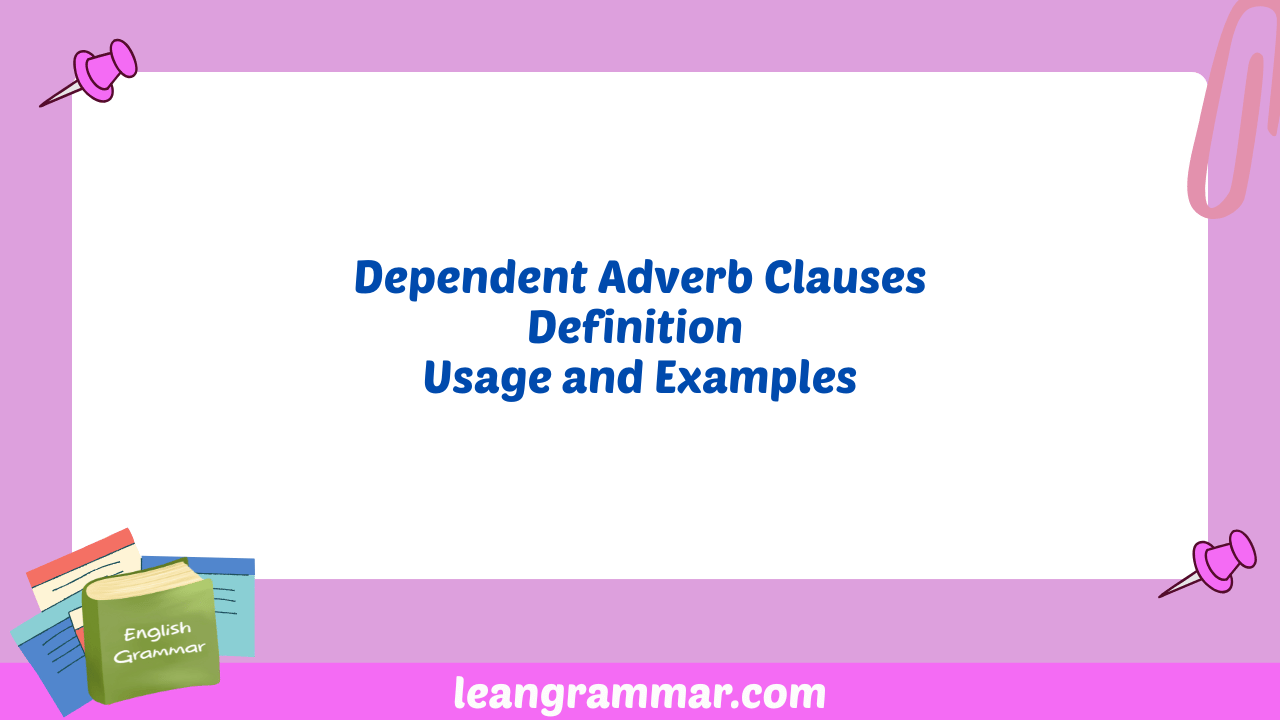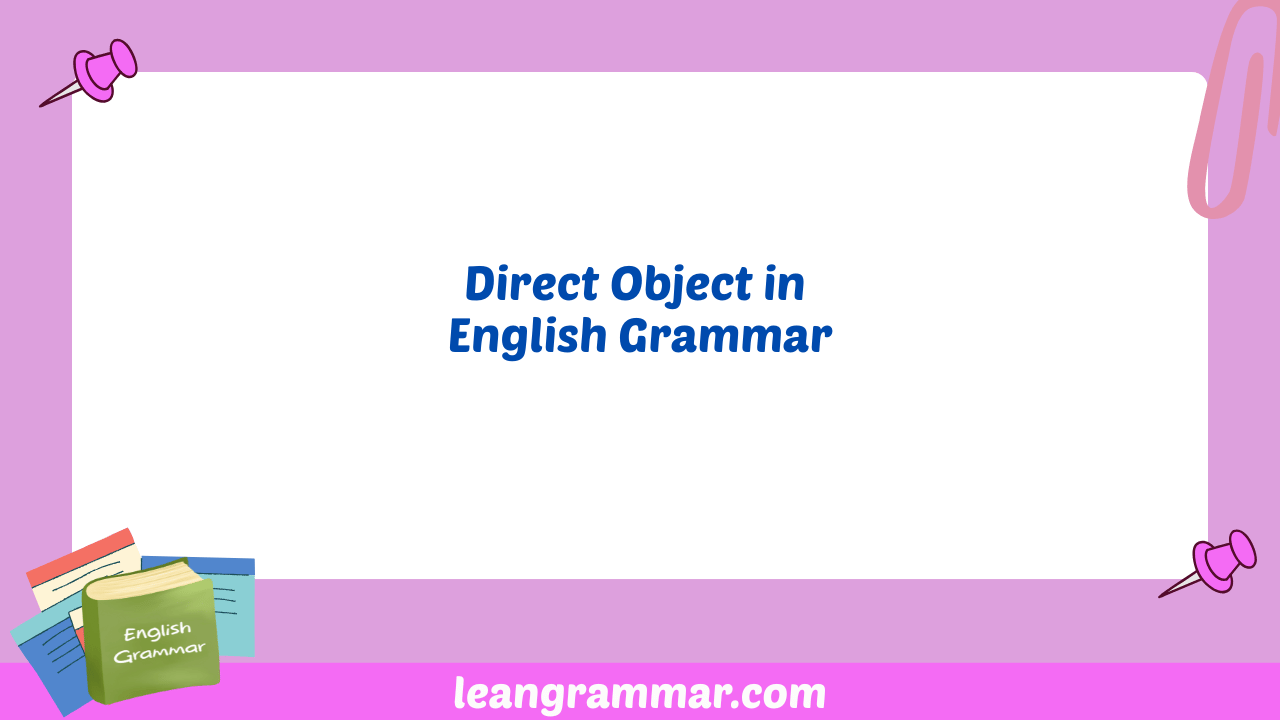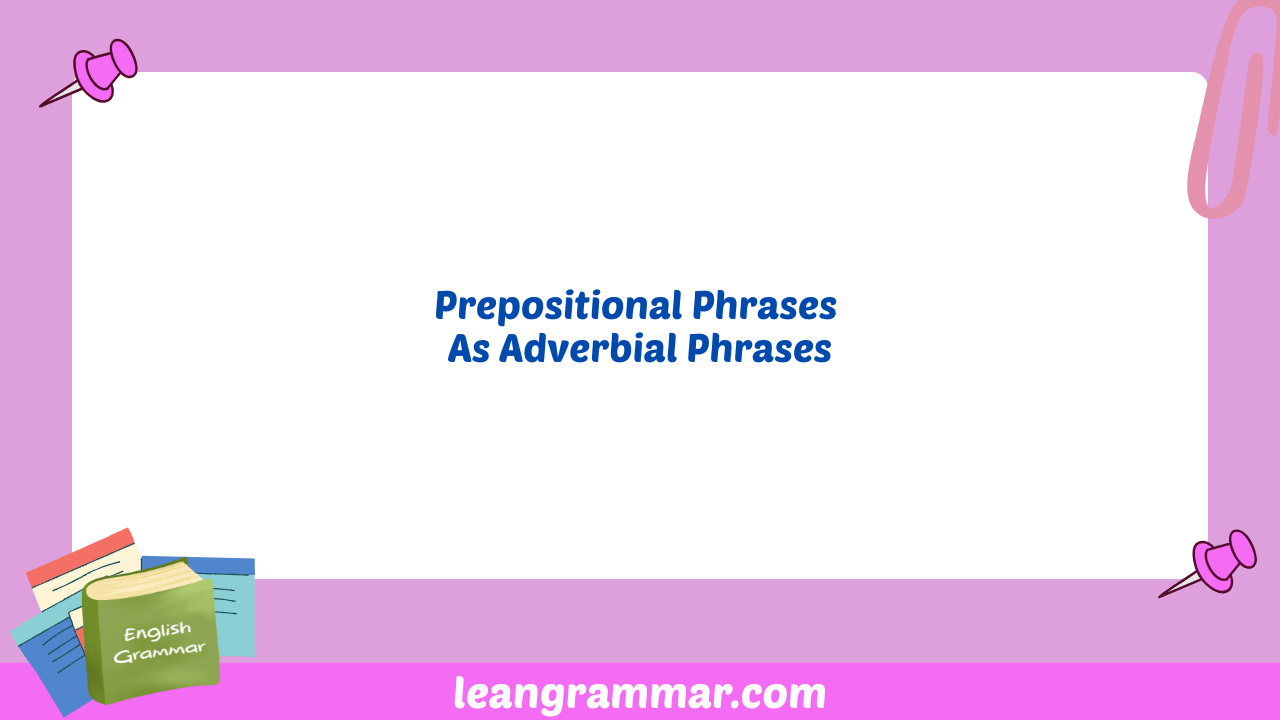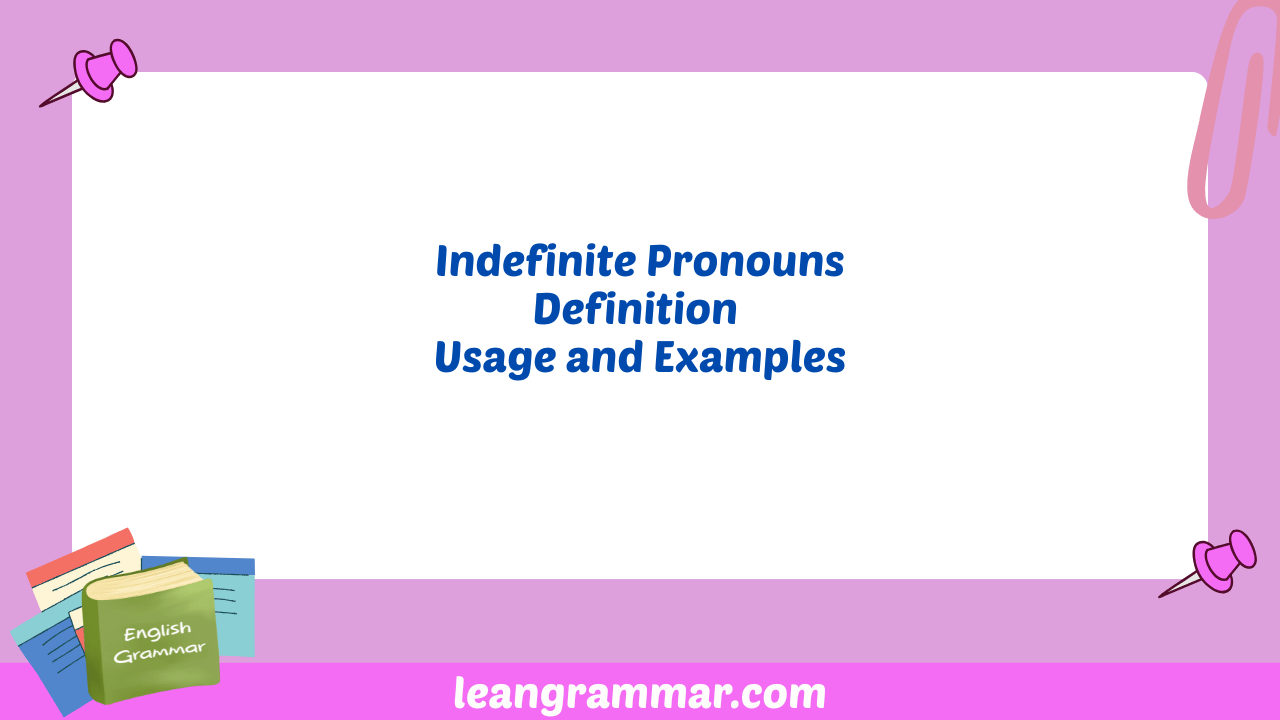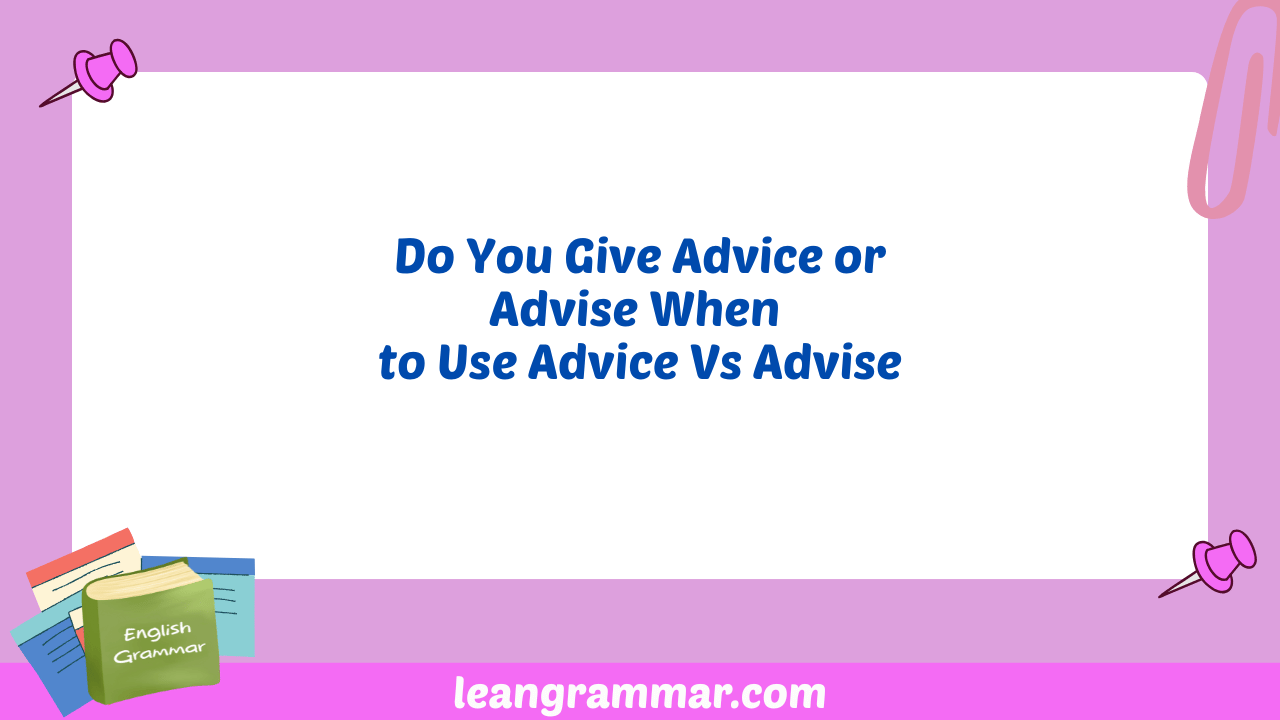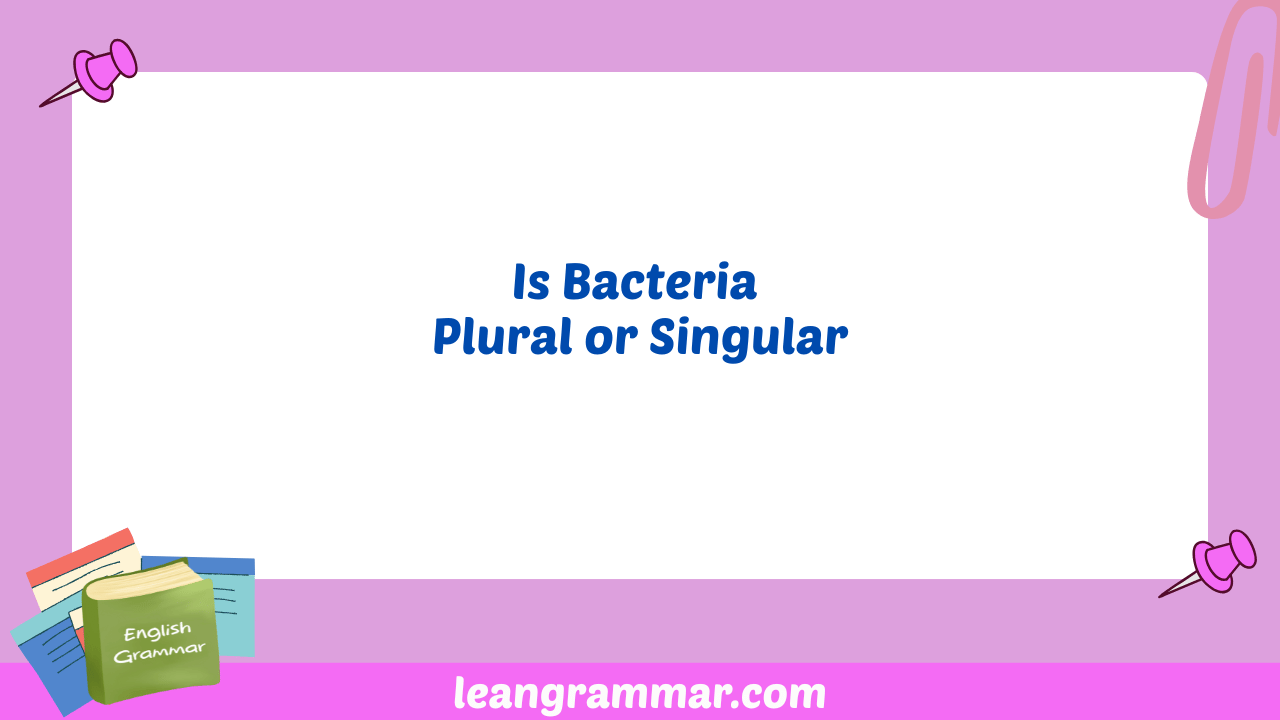Adjectives to Describe a Person: A Comprehensive Guide
Describing people effectively is a fundamental skill in English, essential for clear communication and rich expression. Adjectives play a crucial role in painting vivid portraits of individuals, conveying not just their physical attributes but also their personality, character, and behavior. This comprehensive guide explores the vast array of adjectives available to describe a person, providing … Read more
